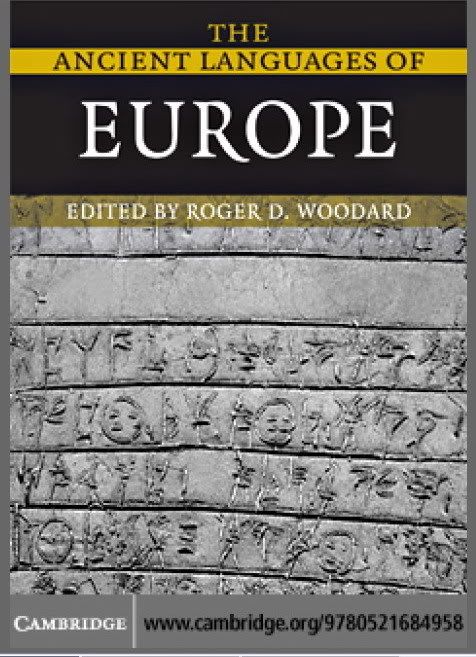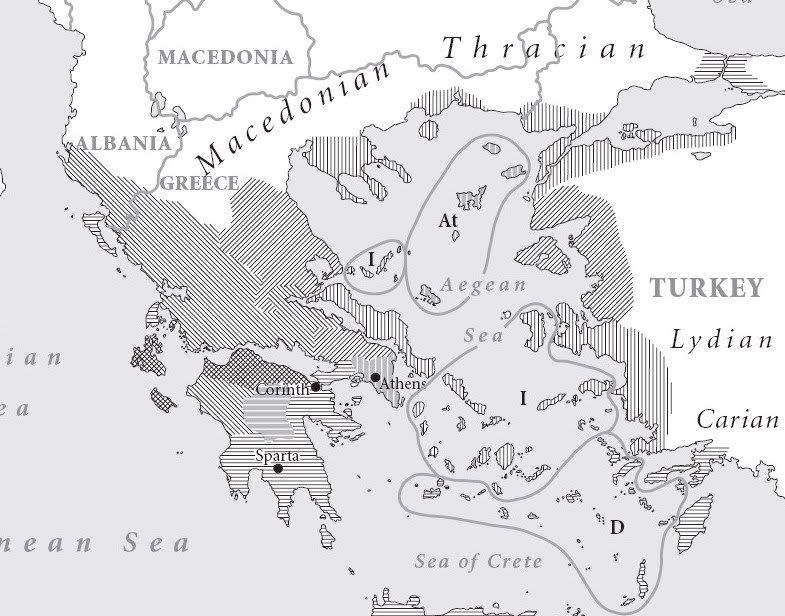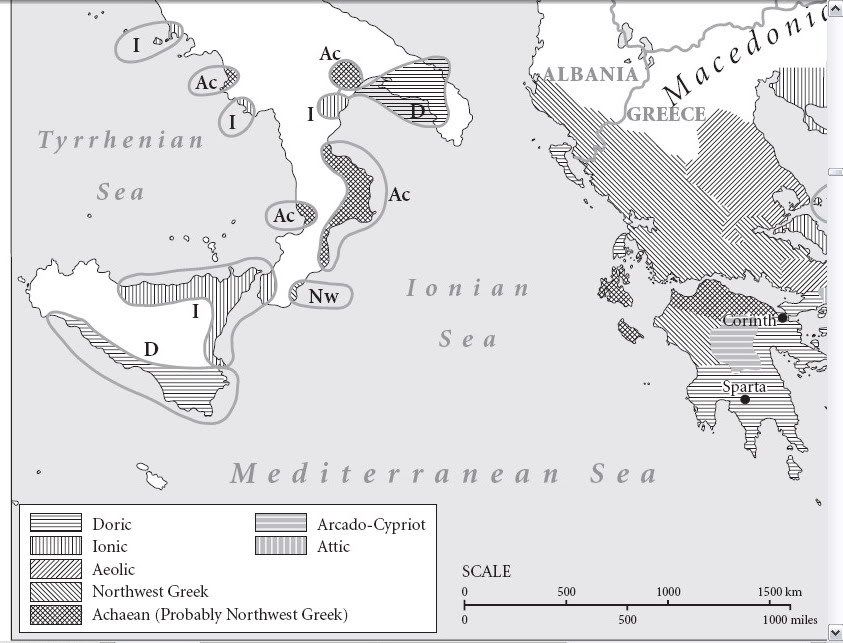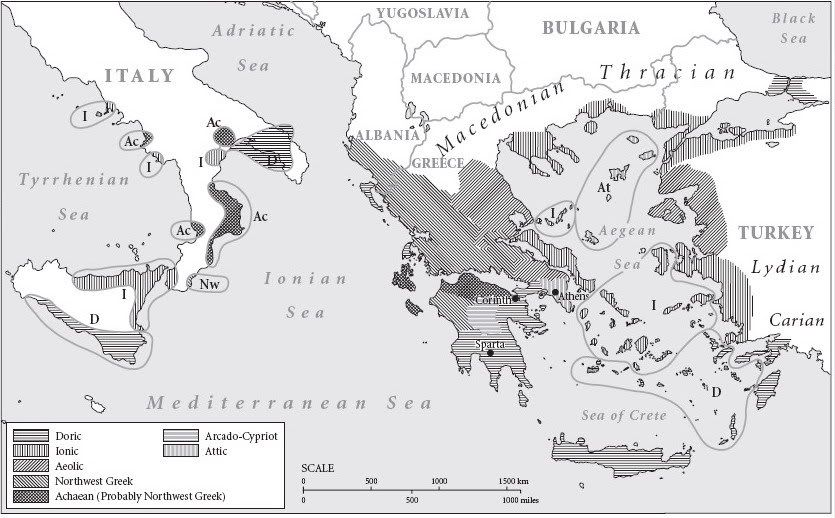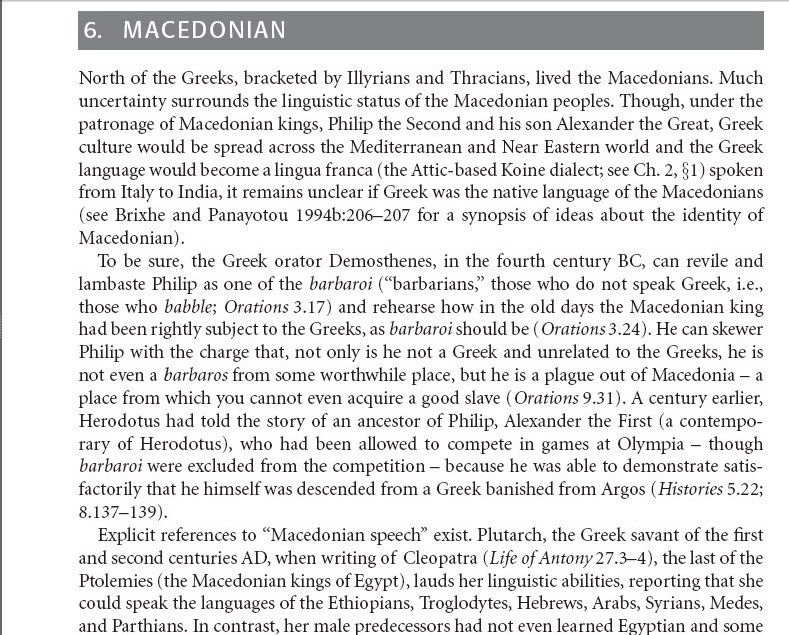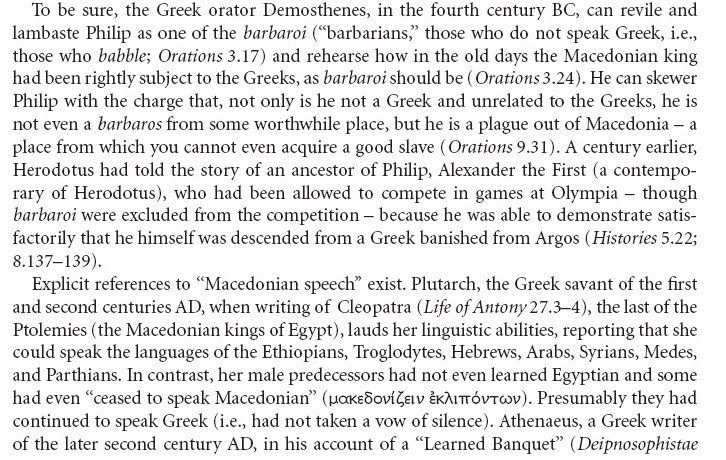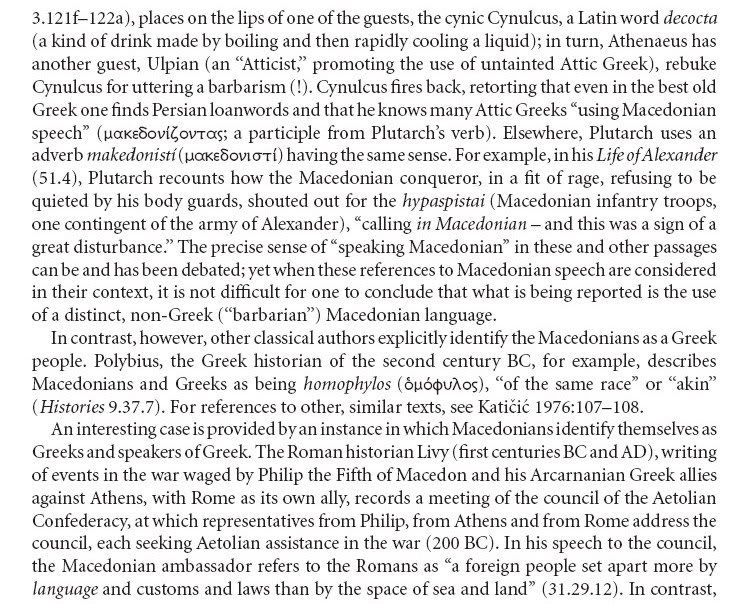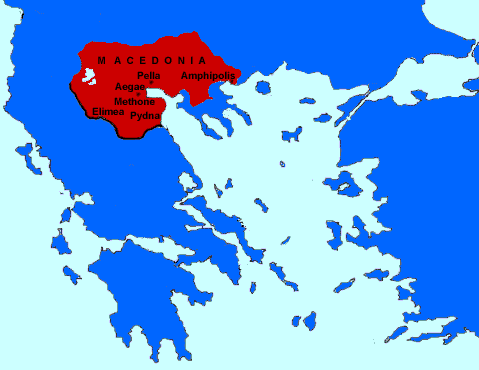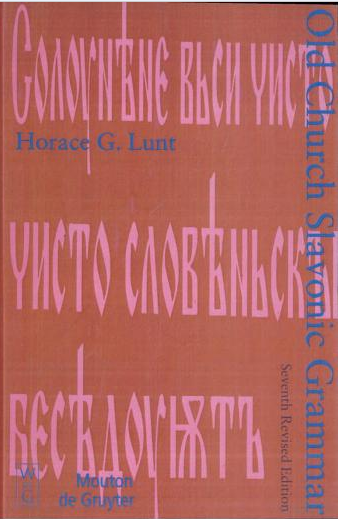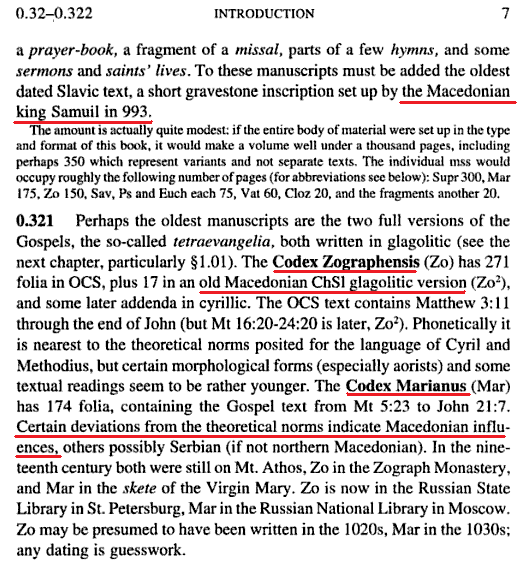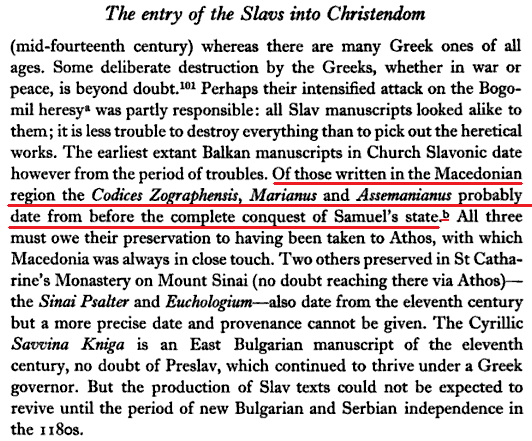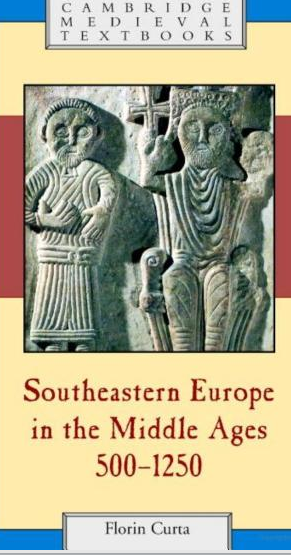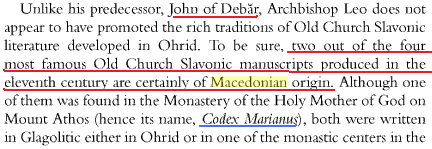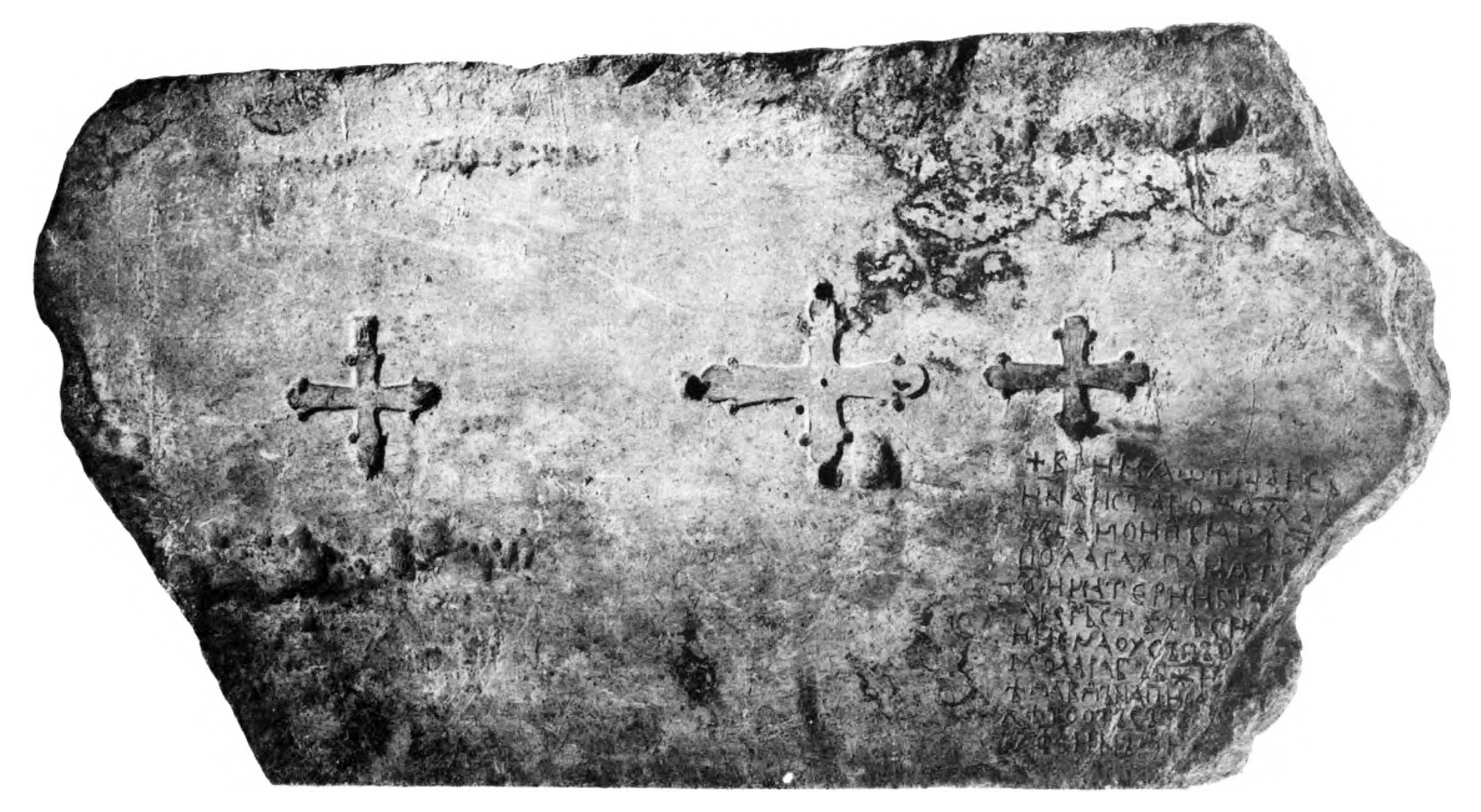Tracing the script and the language of the ancient Maceonians.
http://www.korenine.si/zborniki/zbornik07/tentov07.pdf
Sehr interessant.
The Lost Writings Of The Ancient Macedonians
The Macedonian public knows very little about the dozens of historians that have described the history of ancient Macedonia in detail, and other states as well. Some are contained in written manuscripts, but these material proofs are not readily accessible to today’s reader. Unlike many numerous works by ancient authors, Greek and others, these manuscripts are not found on the internet, nor are they easily found in libraries.
However, a good portion of original historical materials, written by ancient Macedonian historians, have been found in the private collection of the German professor, Felix Jacoby (1876 – 1959). A professor of classical philology in Kiel for 30 years, he resumed teaching at Oxford in 1939. During his career, he collected several thousand fragments from texts by ancient writers, most of which have been transmitted by successive authors. Among these are fragments of the writings of 15 ancient Macedonian historians. The Macedonian ethnic identity of these historians is evident by the attachment of the identifier, “The Macedonian”, added to the writer’s name, or by a particular Macedonian topographic name denoting their place of birth.
Today Prof. Jacoby’s collection is accessible in a costly electronic form. Access to this material was made possible when Prof. Maria Kubaiska (in honour of her daughter Emilia Doneva Kubaiska) kindly acquired it and placed it at the disposal of the author of this article.
The initial survey of this material, containing fragments from the lost works of more than 850 ancient historians, clearly reveals the names of 15 Macedonians. Among them are:
Marcia from Pela, Kriton of Pieria, Anhang the Macedonian, Antigon the Macedonian, Antioch the Aegean, Antipater the Macedonian, Marcia from Philipi, Phillip from Amphipole, Pole the Aegean, Ptolomy the son of Lag, and others. Prof. Jacoby’s collection contains several hundred additional ancient historians. It is very probable that some of these writers too are ethnic Macedonians,
an issue which has yet to be scientifically deciphered, since their names have yet to be ethnically or geographically defined.
Regarding the contents of the lost works by ancient Macedonian historians, we know that Prof. Jacoby carefully compiled them from the preserved fragments of other ancient writers. These fragments provide compelling evidence that most of these writers dealt with the history of ancient Macedonia.
For example, the ancient Macedonian historian Marcia from Pela, who is described as a Macedonian aristocrat, is also referred to as the one who created the “most detailed patriotic history of his time” (“The Dictionary of the History of Ideas” Electronic Text Center; University of Virginia Library, 2003).
The upcoming release of these materials to the public will illuminate new findings in Macedonian historiography.
Seite 13
Uiiiiiiiiiiiiiiiiiiiii, krasse
FYROGanda 

